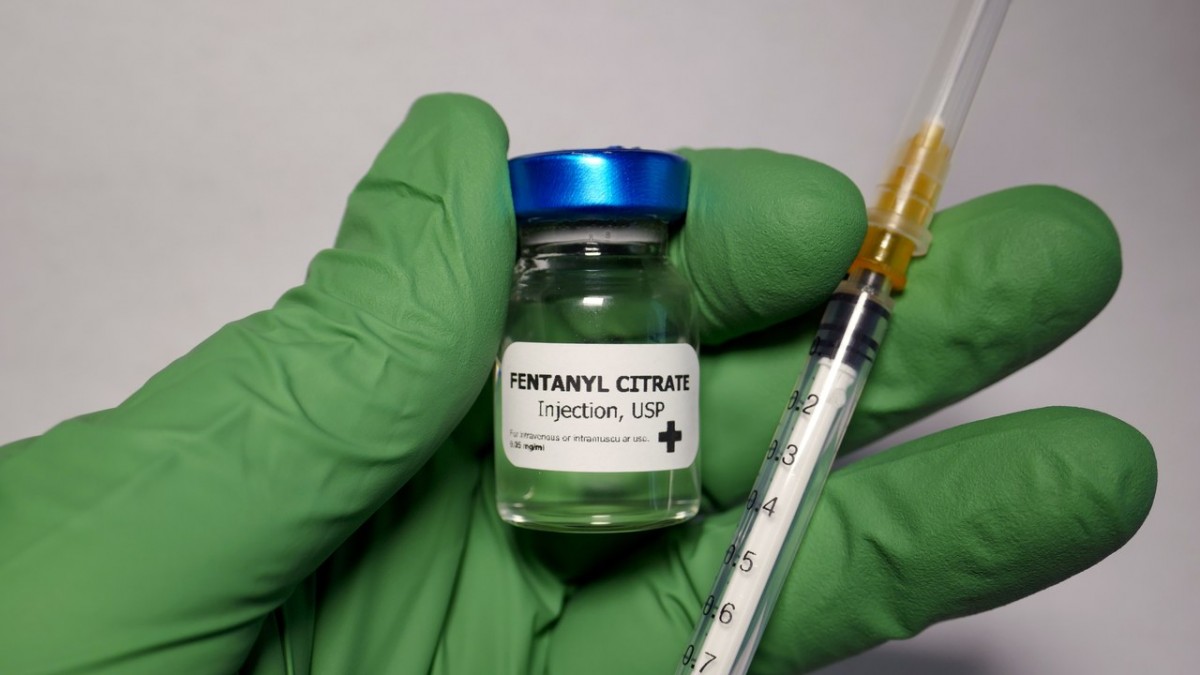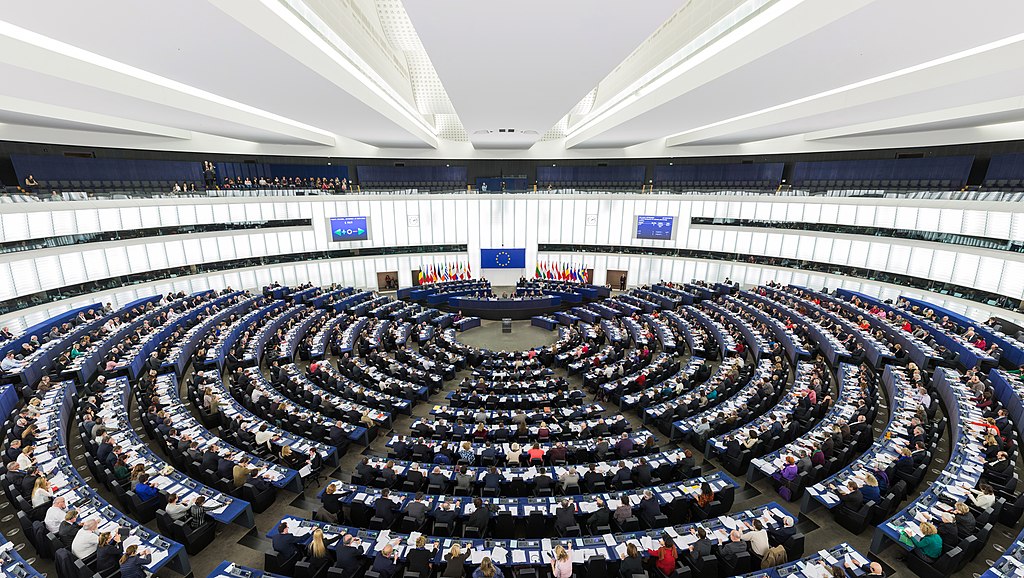While talk of drug policy reform grows in Latin America, Guatemala’s new president has emphasized "zero tolerance" policy in a sharp U-turn on the rhetoric espoused by his predecessor.
Latin America has been at the forefront of global discussions on drug policy reform in recent years, with heads of state openly dissenting against the US-led "war on drugs" in 2012 and countries beginning to experiment with regulated markets for both recreational and medicinal cannabis.
Among the most vocal proponents of a turn away from punitive drug laws was the former Guatemalan president, Otto Perez Molina. Writing in the Guardian in 2012, Perez explicitly called for the regulation of global drug markers, advocating a public health approach to drug use, and hinted that the country could legalize cannabis in 2015.
Indeed, at the domestic level a National Commission for Drug Policy Reform was launched in 2014 with the aim of exploring policy options for Guatemala and providing recommendations on the best way to move forward with reform in the country. However, the Commission's final report never came despite it being due at the end of 2014 and Guatemala has still not done anything close to implementing substantive reform of its drug laws, raising questions of whether Perez had any real intention to forge ahead with his proposals domestically, or whether he saw it as being good PR
Following Perez’s resignation and subsequent arrest last year for his alleged part in a customs fraud scheme, we'll never really know his motive, though one can read a lot into the fact no concrete proposals were ever laid before Congress.
Now, with newly-elected President Jimmy Morales in office, the chance for reform appears to have disappeared altogether. Speaking to El Pais last year, Morales — an evangelical comedian-turned politician — dismissed any talk of cannabis regulation, stating that the country could not afford to risk fueling addiction and putting pressure on its over-burdened healthcare system, while highlighting the continued status of Guatemala as a key drug transit territory.
In light of Morales' extremely regressive policy views elsewhere — he is opposed to abortion and same-sex marriage — he certainly seems unlikely to consider alternatives to law enforcement-led strategies in any shape or form.
Given this sharp divergence in rhetoric compared to Guatemala's professed stance in recent years, it appears that the country could well be fading from the international scene as a potential progressive on drug policy.


